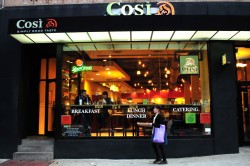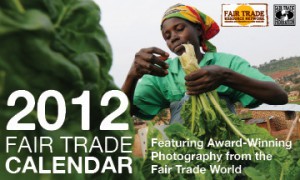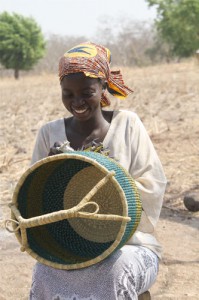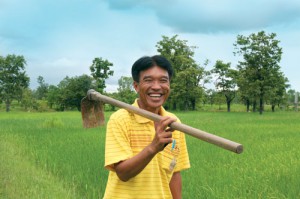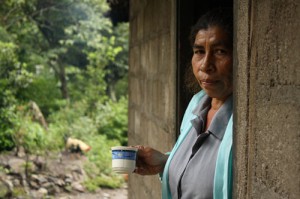Happy Fair Trade Month everyone! After a month on the road, I’m back rounding up the latest Fair Trade news, and boy is there a lot of it!
FAIR TRADE USA ANNOUNCES WITHDRAWAL FROM FAIR TRADE INTERNATIONAL
On September 15, 2011 Fair Trade International (FLO) and Fair Trade USA issued a joint statement about the decision to part ways:
Fairtrade International (FLO) and Fair Trade USA (FTUSA) share a belief in the importance of empowering producers and workers around the world to improve their lives through better terms of trade. However, as we look to the future, we recognize that we have different perspectives on how best to achieve this common mission.
As a consequence, Fair Trade USA has decided to resign its membership of the Fairtrade International (FLO) system effective December 31, 2011.
You can read Fair Trade USA’s statement about why they are leaving FLO here. Also check out the Catholic Relief Services blog post Paul Rice makes the case for Fair Trade for All.
The FTUSA website announced plans to work with Scientific Certification Systems for new standards, and will continue to accept FLO certification for existing standards. Fair Trade USA states on its website, “We have partnered with Scientific Certification Systems, a globally-respected, independent certification agency with more than 25 years of experience, to conduct audits and producer certification against our new standards.”
This announcement has spurred much reaction and debate among the international Fair Trade community. Three major producer networks issued statements opposing
FTUSA’s Withdrawal from FLO.
In response to the news, Fair Trade Resource Network just announced plans to conduct 3 public webinars in October and November with panelists from FTUSA and FLO, to discuss what implications the split has for producers and the Fair Trade movement.
The first webinar is described as “A Community Discussion of What Fair Trade USA Leaving Fairtrade International Means for Producers and Fair Trade” and Paul Rice, CEO of Fair Trade USA is confirmed as a panelist. To sign up for this webinar go here.
THOUSANDS OF KIDS REVERSE-TRICK-OR-TREATING
Reverse-Trick-or-Treating is a way for kids on Halloween to help end the exploitation of children in the cocoa industry and raise awareness of Fair Trade.
Trick-or-Treaters hand Fair Trade chocolate back to adults, with informational cards attached, to explain the problems of the cocoa industry and how Fair Trade presents a solution.
How you can get involved: Order your Reverse Trick-or-Treat kit. (Deadline to order your kit is by October 13th.) Each kit contains 15 mini chocolates, informational cards and an instruction leaflet. The kits are free, you pay just $7.50 for shipping, but we are asking participants to round up if they are able, to help cover costs.
If you don’t manage to get one of the kits, you can still take part! Download free flyers and pass them out on Halloween. If you are part of a group, school or organization and want to purchase a group kit, please visit Equal Exchange.
 OCTOBER IS FAIR TRADE MONTH
OCTOBER IS FAIR TRADE MONTH
October brings cooler weather, spooky festivities, and Fair Trade! Now in its 8th year, Fair Trade month is a time for folks to take action and get involved in this socially responsible movement. This year’s theme is “Every Purchase Matters.”
Fair Trade USA describes Fair Trade month:
Throughout the month, conscious consumers and ethically-minded brands will unite to celebrate and promote Fair Trade. A variety of education events, in-store sampling programs and online initiatives have been planned to help increase awareness and sales of Fair Trade Certified products, ultimately leading to greater impact for farmers and workers in developing countries.
Here’s a list of top ten ways to get involved in Fair Trade month.
BEN & JERRY BRING FAIR TRADE TO LATE NIGHT T.V. ….AGAIN!
My faves Ben & Jerry are back at it. Once again, they brought Fair Trade into the mainstream spotlight by guest appearing on Late Night with Jimmy Fallon. Some may a recall an earlier Jimmy Fallon visit by this dynamic duo back in March when they released their new Fair Trade ice-cream flavor.
Here’s Ben & Jerry on Jimmy Fallon earlier this week:
LINKS WORTH CHECKING OUT
- SustainableBusiness.com: Hershey Gets Failing Grade on Child Labor
- MarketWatch: Fair Trade Products Just a Click Away With New “Fair Trade Finder” Application
- ROASTe: Fair Trade To Become More Fair to Coffee Lovers
- 3BLmedia: Fair Trade: Even in Tough Times, Growing Fast
- MarketWatch: Michael Franti and Grace Potter Join with Green Mountain Coffee to Raise the Volume on Fair Trade
- Change.org: Mars Commits to More Fairtrade While Hershey Loses Ethical Ground

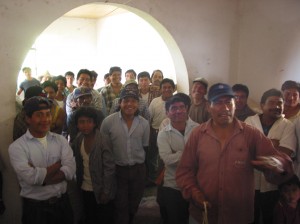
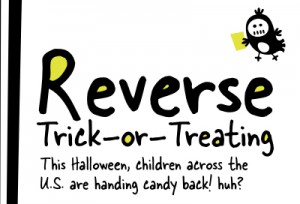


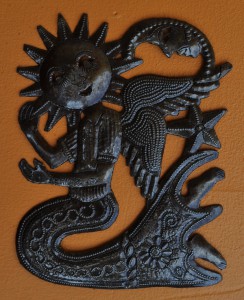
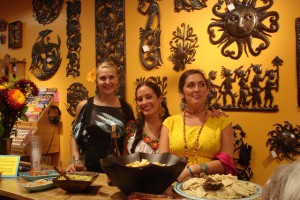

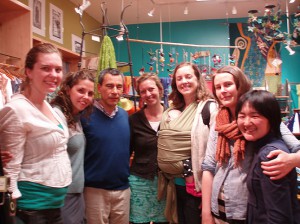

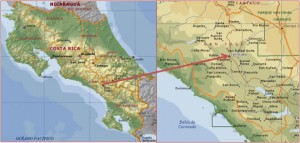

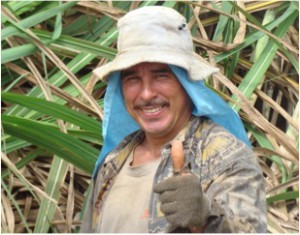
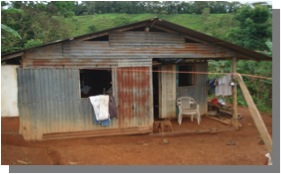
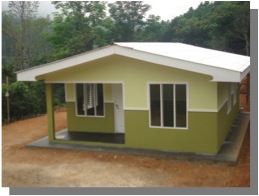
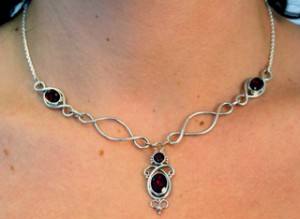
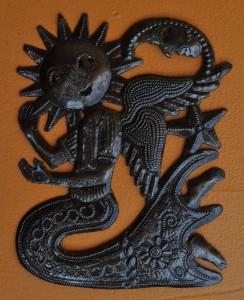
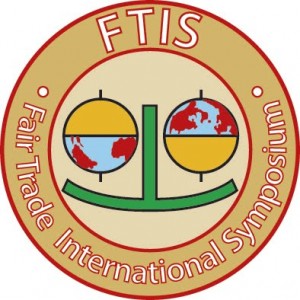
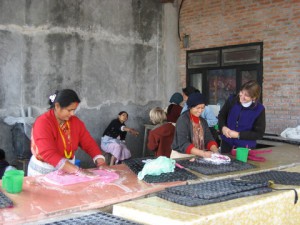
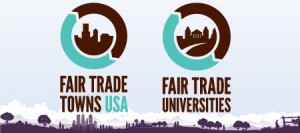
 Every Saturday in the month of July, the Global Exchange Fair Trade Stores in San Francisco (
Every Saturday in the month of July, the Global Exchange Fair Trade Stores in San Francisco ( Be sure not to miss a special presentation by Fair Trade Coffee producer, Gilbert Ramirez, from the CoopeAgri cooperative in Costa Rica and FREE Fair Trade
Be sure not to miss a special presentation by Fair Trade Coffee producer, Gilbert Ramirez, from the CoopeAgri cooperative in Costa Rica and FREE Fair Trade 


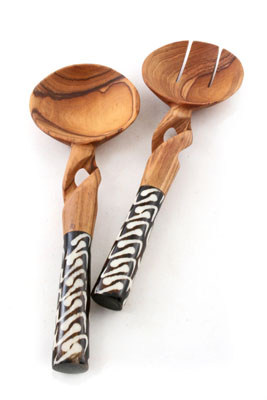 printing. We also have potholders from Bali and India in traditional and colorful designs.
printing. We also have potholders from Bali and India in traditional and colorful designs.